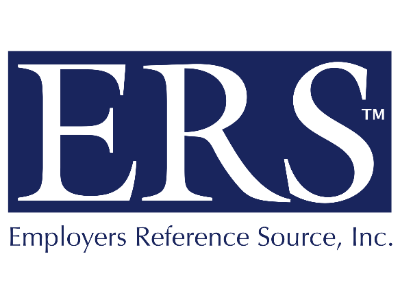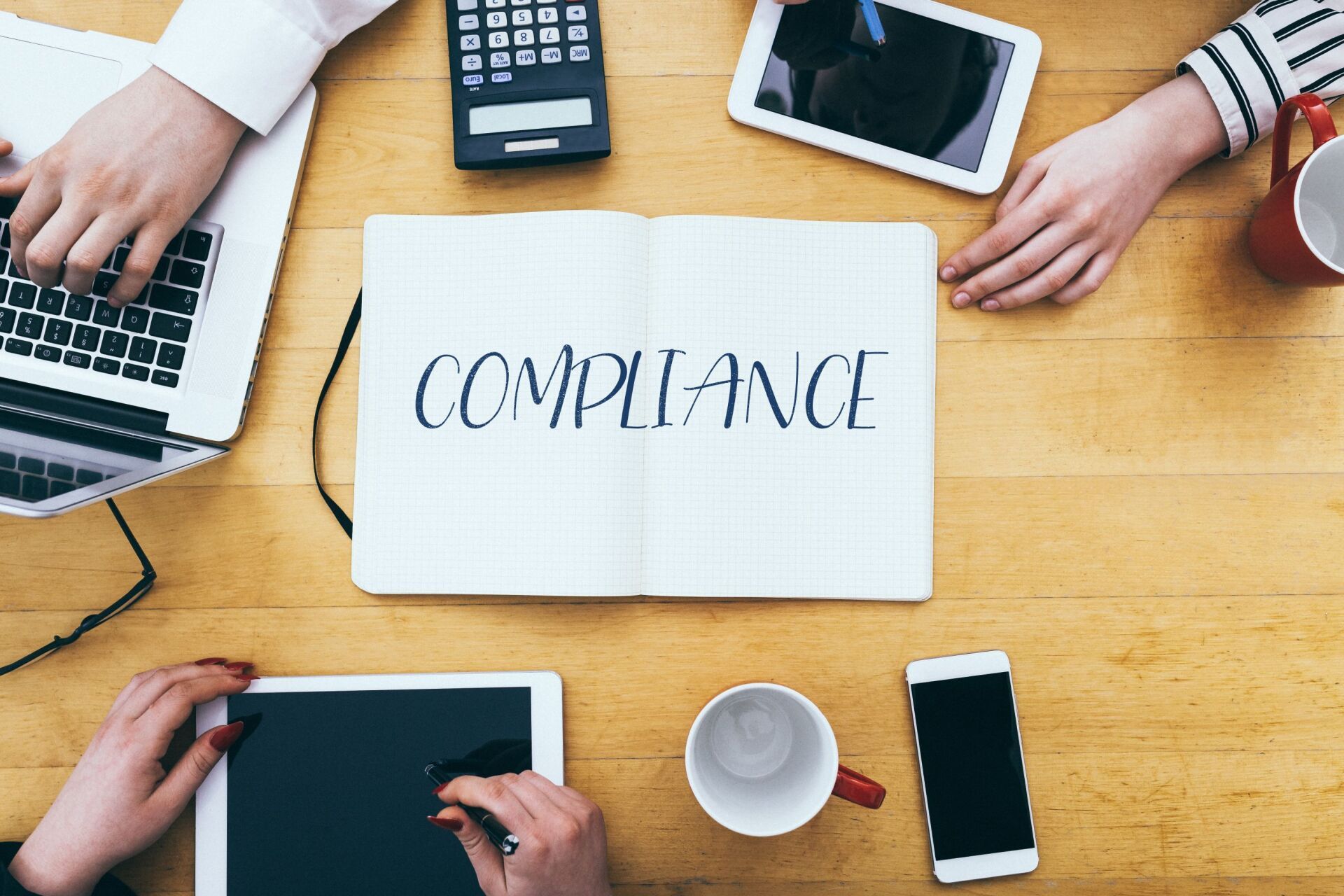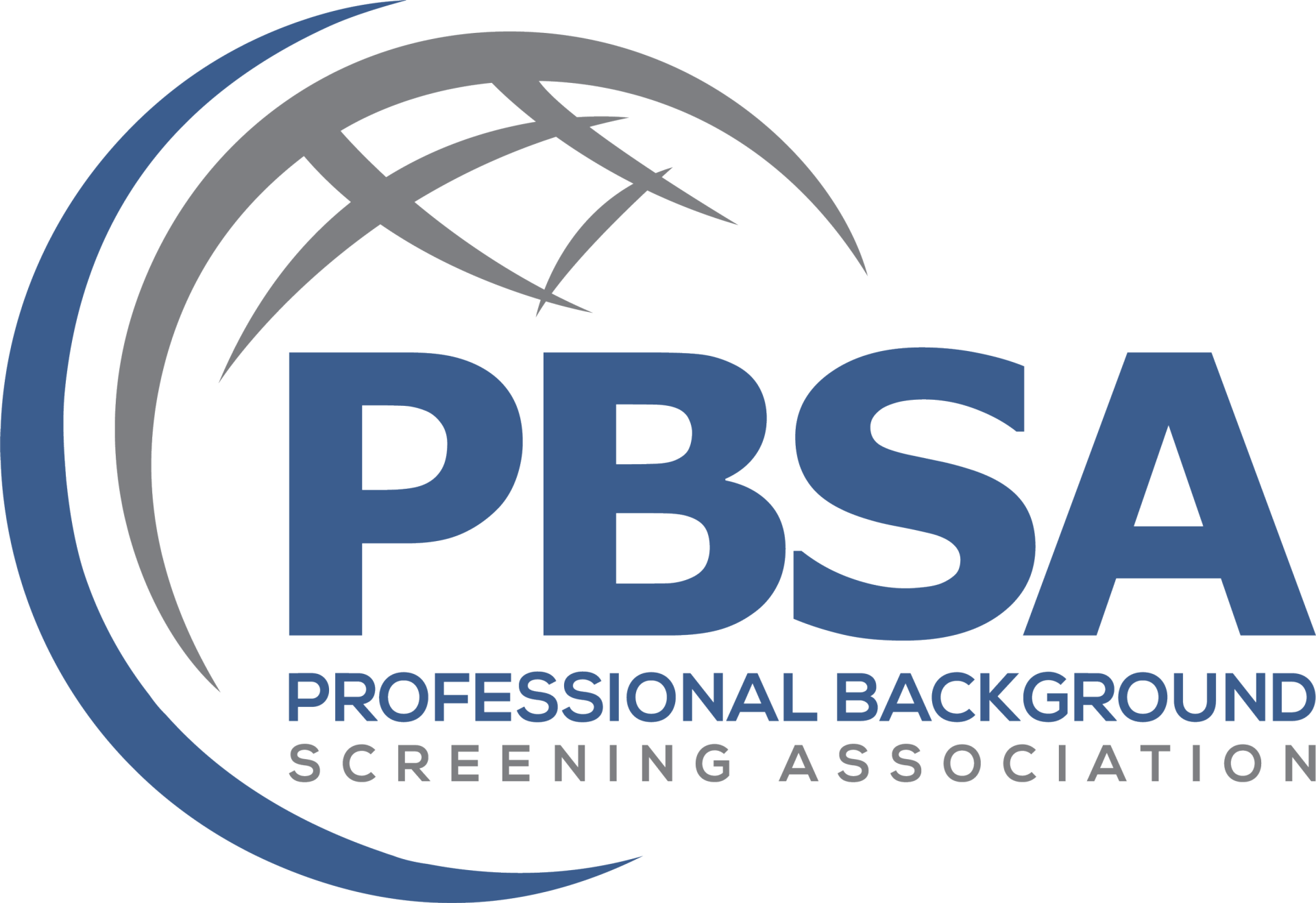Fair Credit Reporting Act: Upholding Regulations During Background Checks
Background checks are a vital part of making solid hiring decisions and evaluating current employees, but they must be used in compliance with a number of regulations, including the Fair Credit Reporting Act (FCRA). These regulations protect employers, employees, and potential hires by ensuring information found in background checks is gathered and used appropriately and fairly.
What Is the Fair Credit Reporting Act?
The FCRA specifies details about information gathered in some background screenings, such as criminal record checks and credit report inquiries, including:
- How the subjects of a background check must be informed about and consent to the screening
- What information may be collected
- How that information can be used in hiring decisions
- How employers may respond to negative background screening results
What Protections Does the FCRA Offer?
The FCRA protects current employees and job candidates by ensuring they are protected from unfair or capricious hiring decisions based on negative screening results. Employees also have the right to consent to screenings, review information identified in them, address any inaccuracies, and appeal unfair decisions based on this information.
It protects employers by providing guidelines for using background checks that help protect organizations from liability and directing them to use this critical information successfully.
How Must Employers Be In Compliance with the FCRA?
Employers must utilize background checks fairly, and accurately, with written consent from those being screened. Specifically, employers obtaining background screenings must:
- Clearly alert employees or job candidates of the screening and obtain written consent to do so
- Not use screening results in a discriminatory way
- Collect and use screening results in compliance with all FCRA and other federal, state, and local regulations
- Follow the correct adverse action procedures when those results prompt an unfavorable hiring decision
- Comply with FTC Guidelines on record keeping and disposal of screening results
At Employers Reference Source, Inc., our expert background checks and other screening services are fully compliant with the FCRA and other relevant regulations. Contact us today, so we can help you identify and maintain the best possible workforce.










